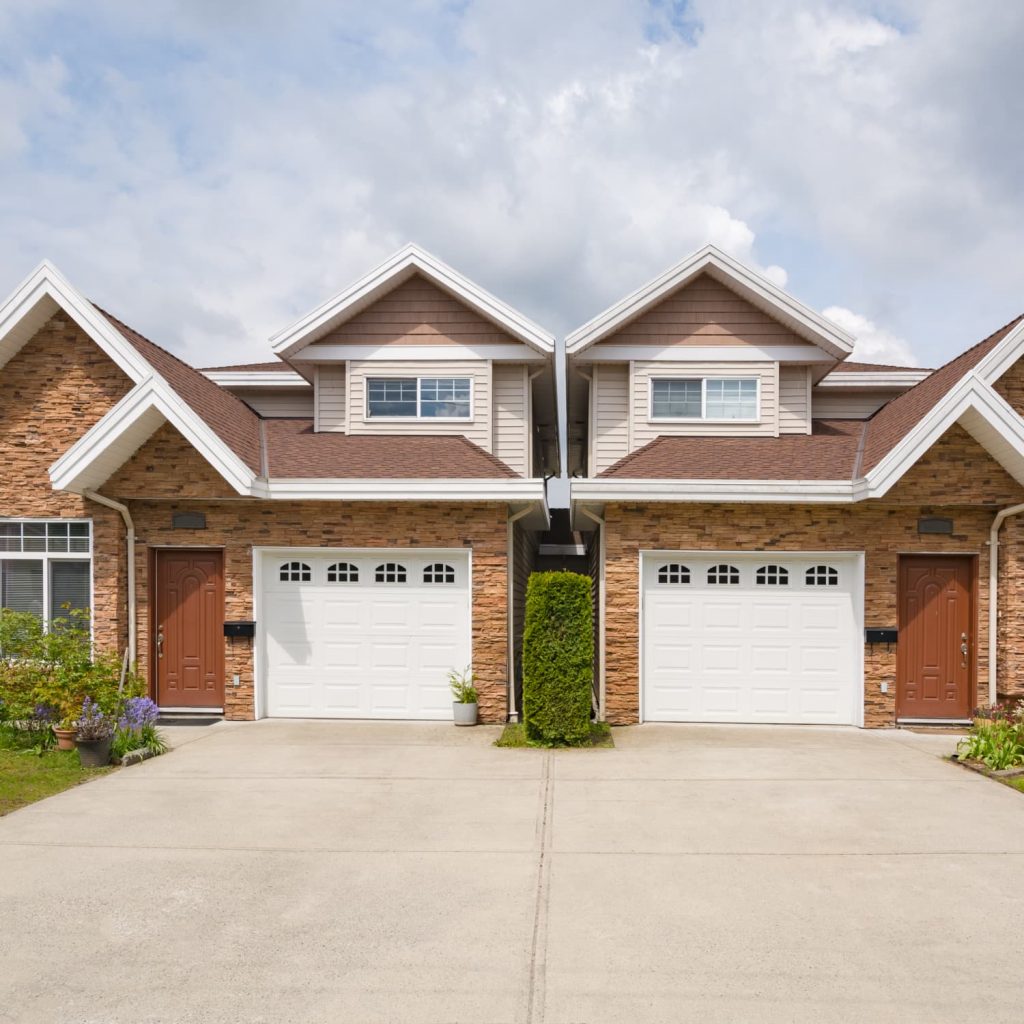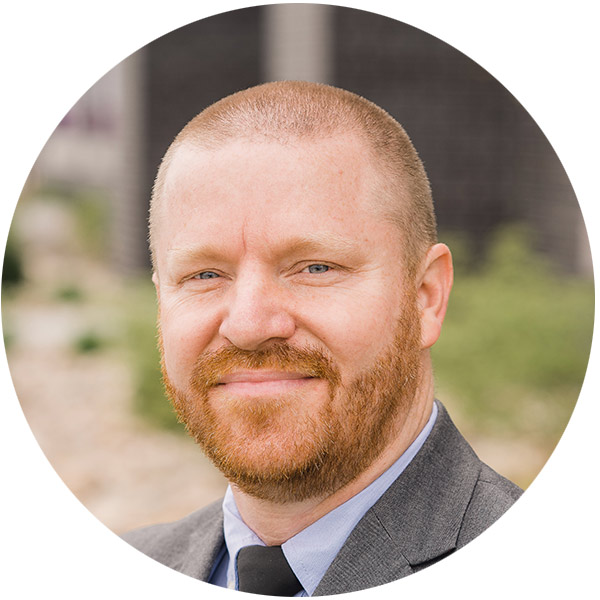This op-ed originally appeared in Deseret News on August 13, 2023.
It was a cold, clear night outside of Provo City Hall in early 2023. The streets were quiet, and all you could hear was the soft splish-splash sounds of the relatively new water feature spelling the words “We Love Provo.”
One of the twice-monthly city council meetings was getting started inside. The room was calm as members of the city council took their seats at the dais, and as a few dozen residents adjusted their chairs.
The calm at City Hall didn’t last long.

Overhearing some chatter, I figured out that the crowd was there to oppose an item on the agenda. Having attended plenty of similar meetings in my role as the local government policy analyst at Libertas Institute, I assumed the higher-than-average attendance was due to a proposed tax hike, a gravel pit expansion or some other unpopular measure.
Item No. 2 on the agenda featured a resident of Utah County who owned a vacant property in Provo. He wanted to build a starter home on the property for his young son to live in. During his presentation to the council, he explained he had done the math on affordability, and the solution was to build a twin home (a duplex variant).
Does he really need special permission from the city council to build just one twin home? I wondered. Turns out the answer was yes. The current zoning regulations made it otherwise illegal to build. His only chance was to apply to have his property rezoned. Such proposals are common and routinely approved. I figured his modest proposal was a slam dunk.
An unexpected twist — the crowd was there to oppose a twin home.

Every single comment made to the agenda item was in protest of the construction of the twin home. I speculated this property owner must have done something previously to really upset the community. Turns out I was wrong about that too — no one seemed to even know who the property owner was.
What the twin home objectors understood was that this person was requesting to change the zoning and that a new twin home in their neighborhood would violate their rights and freedoms. Never mind the fact that the homes they lived in were the result of a zoning change decades ago — the residents sincerely did not want the twin home constructed.
“It’s on the city’s future land use plan,” the property owner countered as the naysaying comments continued. Tensions were rising. The young son, sitting near me, was looking bewildered. It was looking like he might not get his starter home after all.
My heartstrings were pulled.

After locking eyes with the young man, I admit I got emotional. I thought about my friends struggling to find a home they could afford. I thought about how I might like to do something similar for my children someday. I, too, believed in freedom and property rights, and I thought the naysayers had priorities rather backwards.
I decided to speak on behalf of the twin home.
I didn’t get my chance. After nearly 45 minutes straight of nothing but complaints, the council chair (rightfully) interjected that we had gone past our allotted time for the agenda item and closed public comment before I could make it clear I wanted to speak.
Case closed?
Ultimately, neither the naysayers nor the property owner would get a decision that night. Because some council members were not present, the council decided to delay the vote until a later meeting.
While the chatter about the merits of the individual twin home continued past the meeting, my thoughts turned to the larger scene. If this is what it takes to get a single twin home built, how are we ever going to get Utah’s housing shortage under control?
As I walked out of the council chambers, my reflections on Utah’s housing crisis continued. If we don’t want our home prices to be as high as California’s, we need to stop debating single twin homes, and look at the real underlying problem on trial — our strict California-style zoning.





